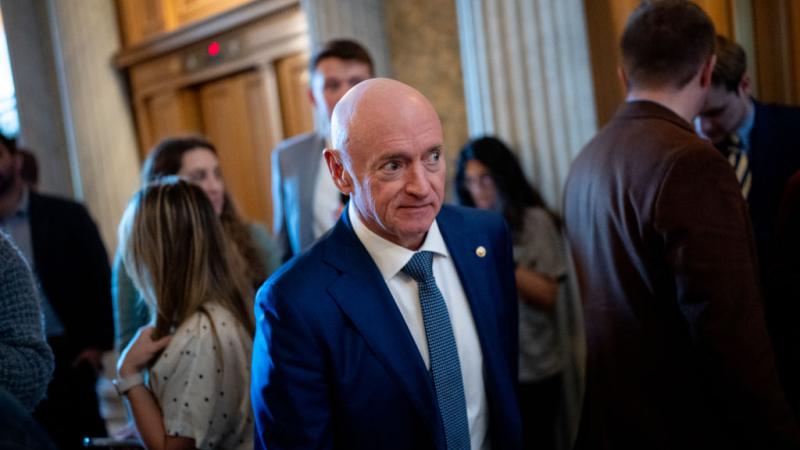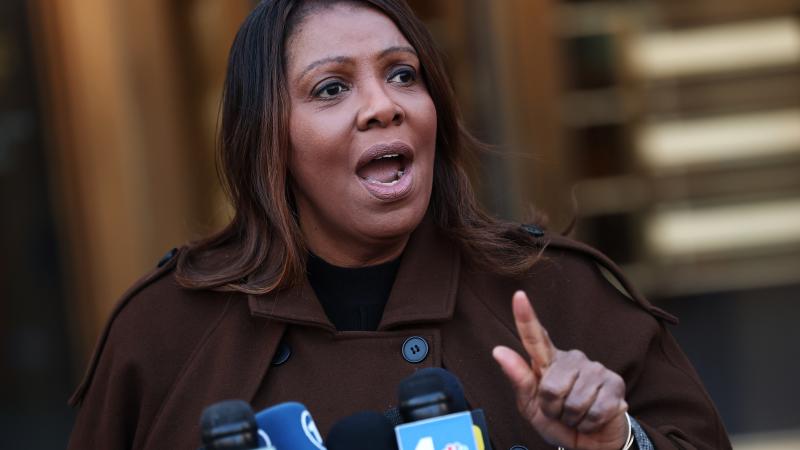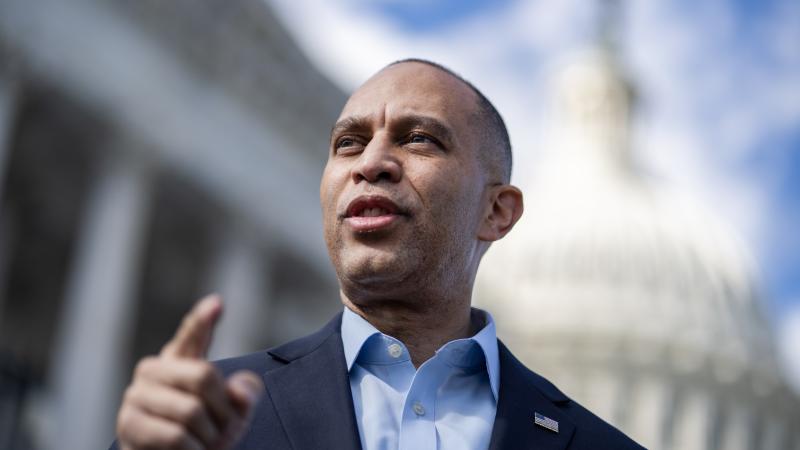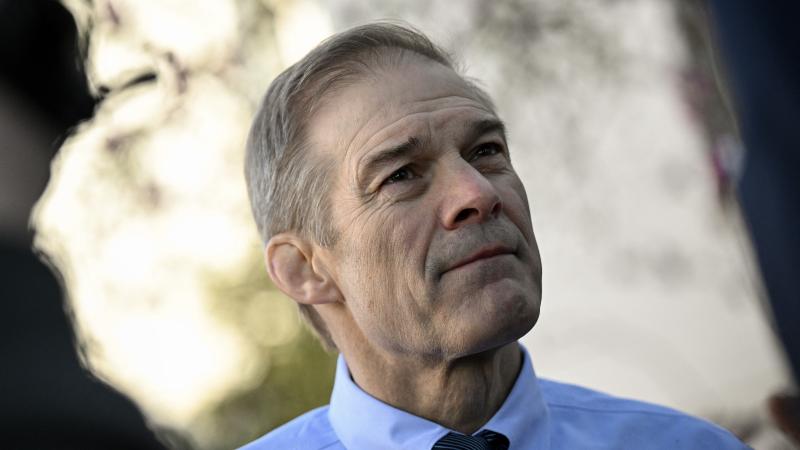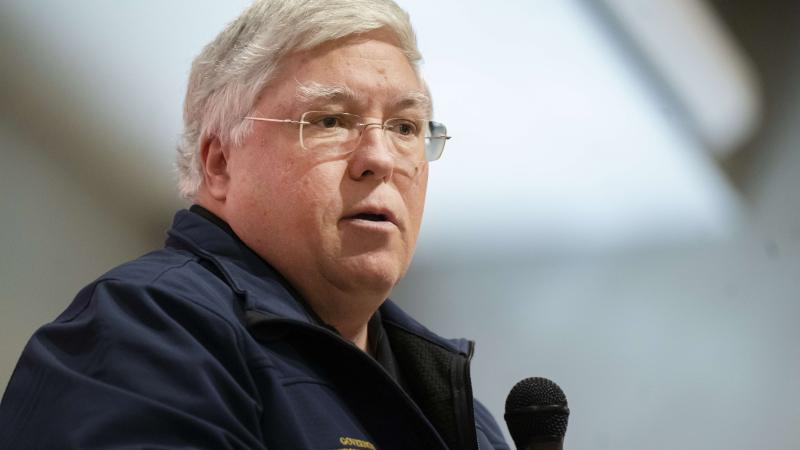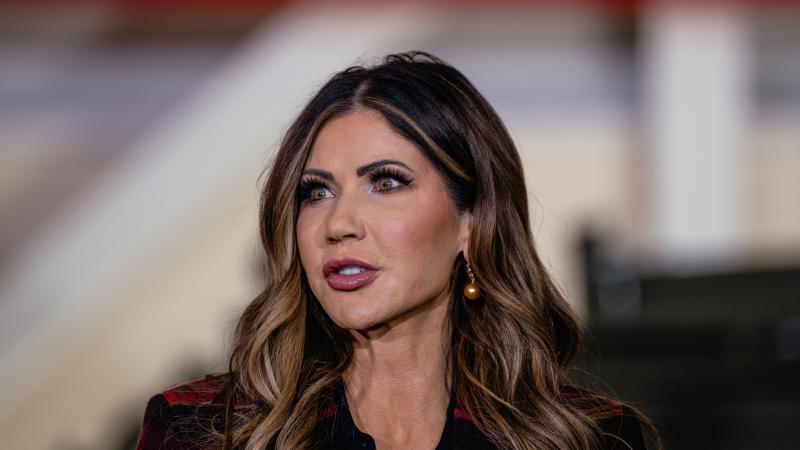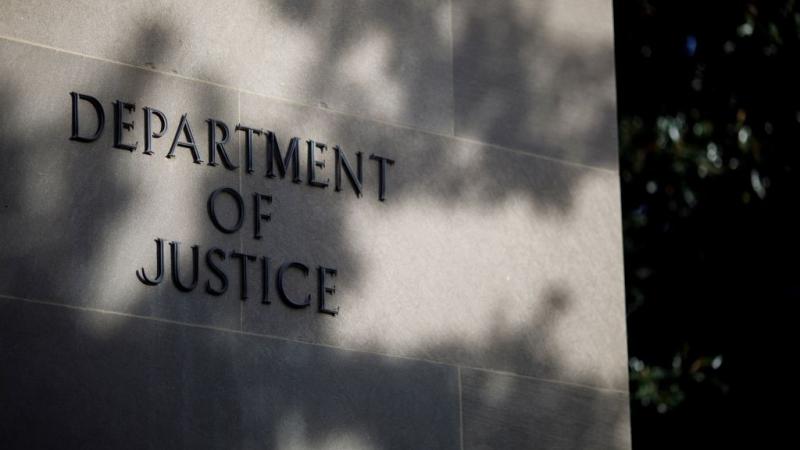Texas is first state to implement series of MAHA reforms
A legislative package to “Make Texas Healthy Again” is going into effect after Gov. Greg Abbott signed three bills into law. Texas was the first state to implement a “Make America Again Healthy” package as part of the national movement led by U.S. Department of
(The Center Square) -
A legislative package to “Make Texas Healthy Again” is going into effect after Gov. Greg Abbott signed three bills into law.
Texas was the first state to implement a “Make America Again Healthy” package as part of the national movement led by U.S. Department of Health and Human Services Secretary Robert F. Kennedy Jr.
Louisiana Gov. Jeff Landry signed a similar measure on Friday alongside Kennedy, The Center Square reported.
Unlike Landry, Abbott didn’t hold a bill signing event, but Kennedy did weigh in on Texas’ legislative package on social media, saying, “Texas is leading the way.” Thanking Abbott and the bills’ sponsors, he called governors nationwide “to join us in our pursuit to Make America Healthy Again.”
The legislative package was spearheaded by state Sen. Lois Kolkhorst, R-Brenham, who shepherded through SB 25, SB 314, filed by Sen. Bryan Hughes, R-Mineola, and SB 379 filed by Sen. Mayes Middleton, R-Galveston.
SB 25, the first of its kind in Texas and the country, requires the food industry to either remove more than 40 harmful chemicals and additives from processed foods or add warning labels for products sold in Texas.
When introducing it in February, Kolkhorst pointed to President Donald Trump’s executive order establishing a “Make America Healthy Again” commission, saying that “Texas is joining this effort with legislation.”
SB 25 creates additional regulations, expands the size of government bureaucracy and expands physical education requirements for public schools, The Center Square reported.
It amends the Texas Health and Safety Code to mandate that a warning label be placed on foods that contain any one of 44 artificial additives, dyes and chemicals. The label is to read: “WARNING: This product contains an ingredient that is not recommended for human consumption by the appropriate authority in Australia, Canada, the European Union, or the United Kingdom.”
It requires medical schools to teach nutrition curriculum, requires physicians to take nutrition continuing education classes, and creates a half credit for all high school students and all state colleges. It creates a Texas Nutrition Advisory Committee, tasking members with examining the scientific link between ultra processed foods and chronic diseases and making recommendations to the legislature. The committee is also tasked with developing nutrition curriculum for Texas medical schools, colleges and public schools “without any influence or conflicts of interest from food industry insiders.”
“This legislation came about after listening to constituents who care about their overall health and they sense that something is wrong,” Kolkhorst said. “Our nation spends more on healthcare than any other nation in the world, and yet our life expectancy ranks last among the G7 nations. We should ask why. It is time something is done, and SB 25 is a good start.”
She also said she is “hopeful that food manufacturers will remove the harmful ingredients and choose not to have to label their products.”
It becomes effective Sept. 1.
SB 314 bans “seven of the most dangerous chemicals in foods” in free or reduced public school lunches and breakfasts. It prohibits food from being served if it contains “an ingredient that is linked to severe human harm” and alternatives are available. Harmful ingredients include “multiple synthetic food dyes and other harmful substances that are in the school lunches today.”
It affects more than 3 million students and over 8,000 schools statewide. It became effective on May 27 when it was signed into law.
SB 379 prohibits junk food from being eligible for SNAP benefits. The federal program administered by the state “is supposed to promote health and well-being,” Middleton said. “As we know, taxpayer funded junk food turns into taxpayer funded healthcare. That’s why this issue so important.”
Junk food like chips, candy, cookies and others “aren’t even satisfying the intent of the SNAP program to begin with,” he said. “We want to make sure that we're providing healthy and nutritious food for Texans in need and right now those foods do not do that.”
Currently, the top SNAP purchase is sugary drinks, Kolkhorst’s office said.
The new law becomes effective Sept. 1.
In May, Abbott sent a letter to Agriculture Secretary Brooke Rollins requesting a USDA waiver to prohibit SNAP from being used to purchase unhealthy foods.
"SNAP was created to increase access to nutritious food; however, many SNAP purchases are for food with little to no nutritious value," he said. "Under the Trump administration, for the first time since the program was authorized, states can take steps to eliminate the opportunity to buy junk food with SNAP benefits and assure that taxpayer dollars are used only to purchase healthy, nutritious food.”
